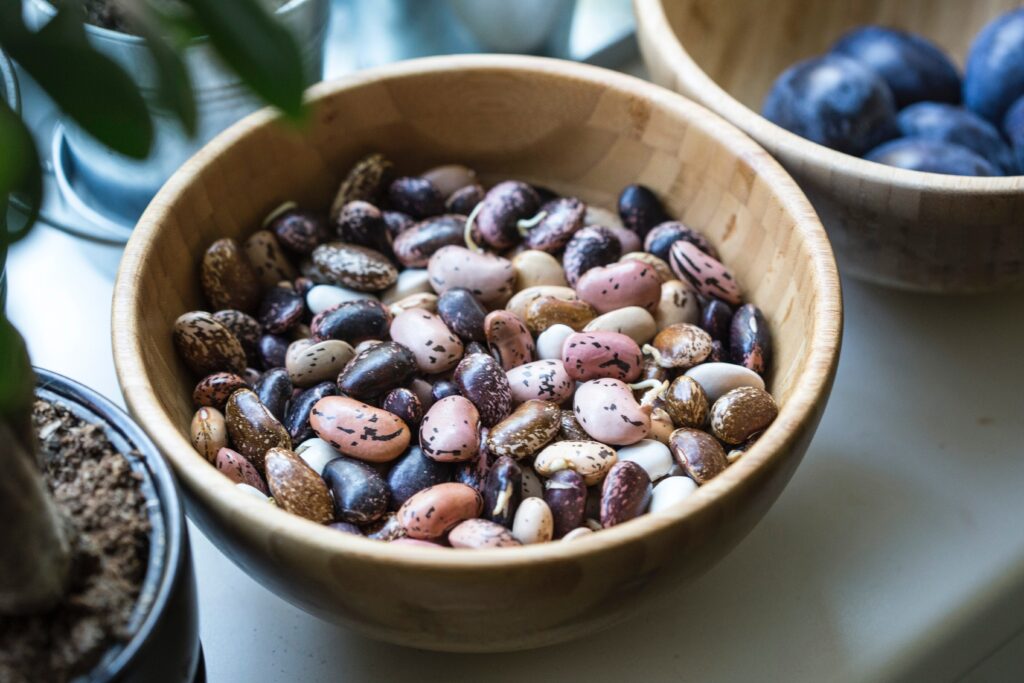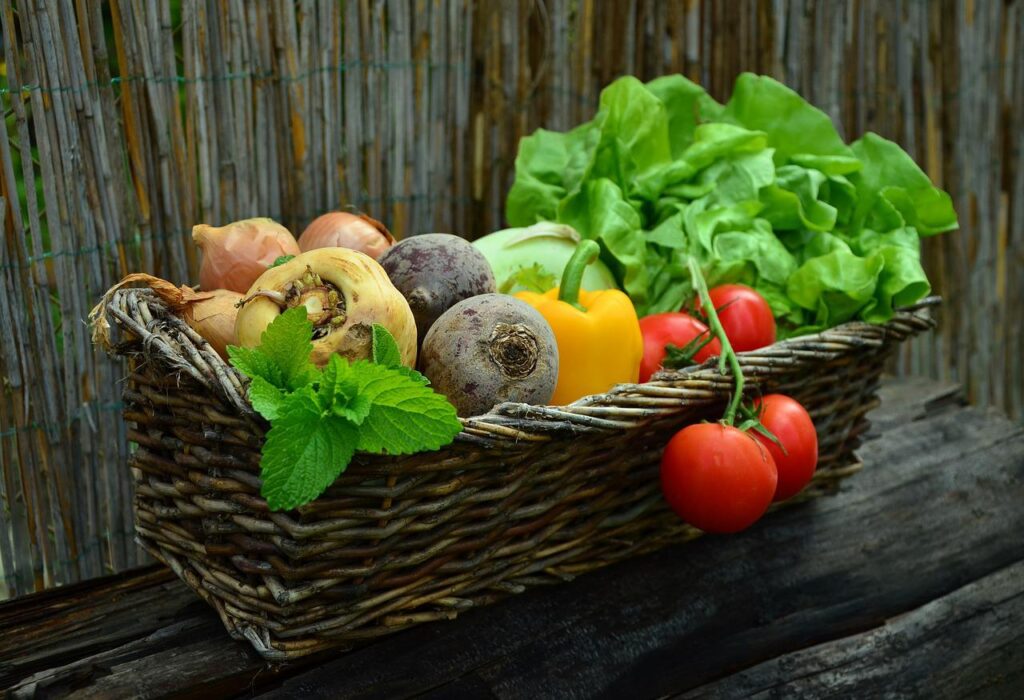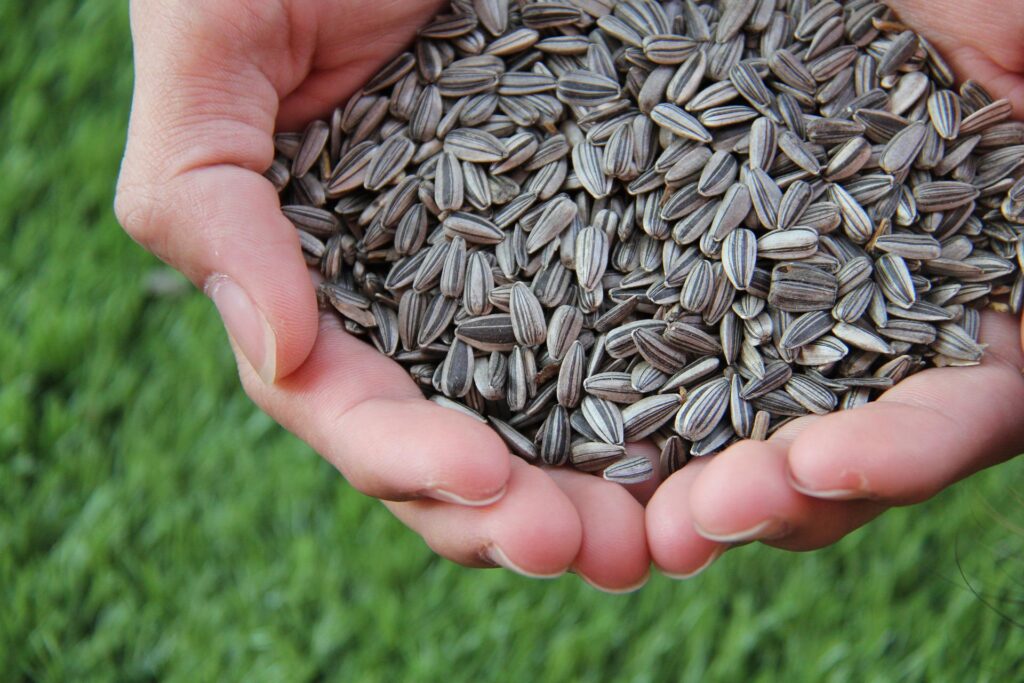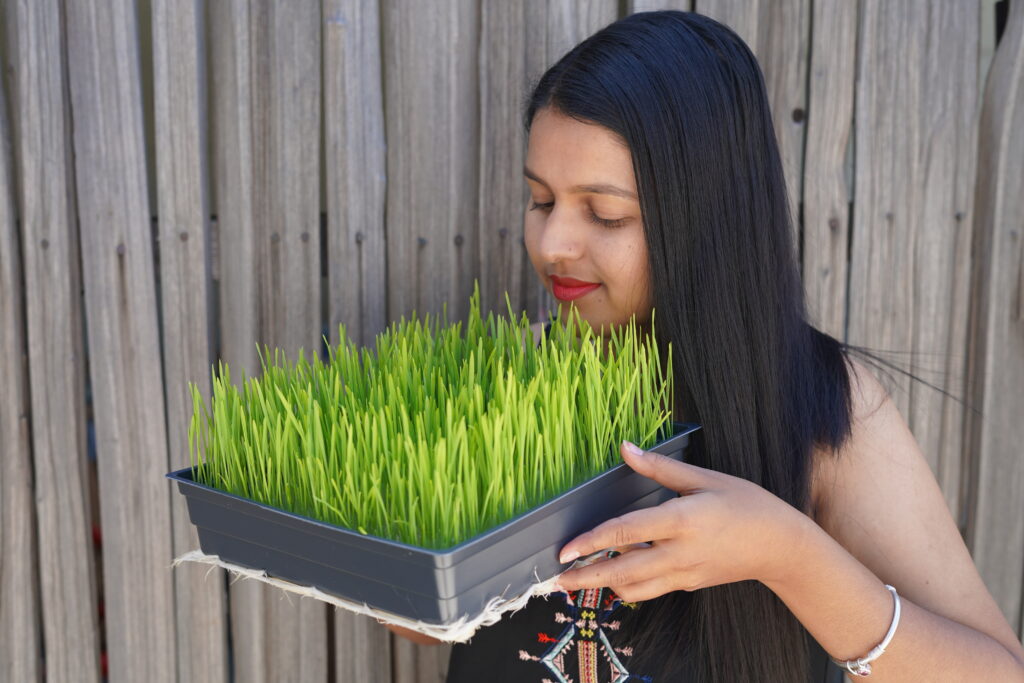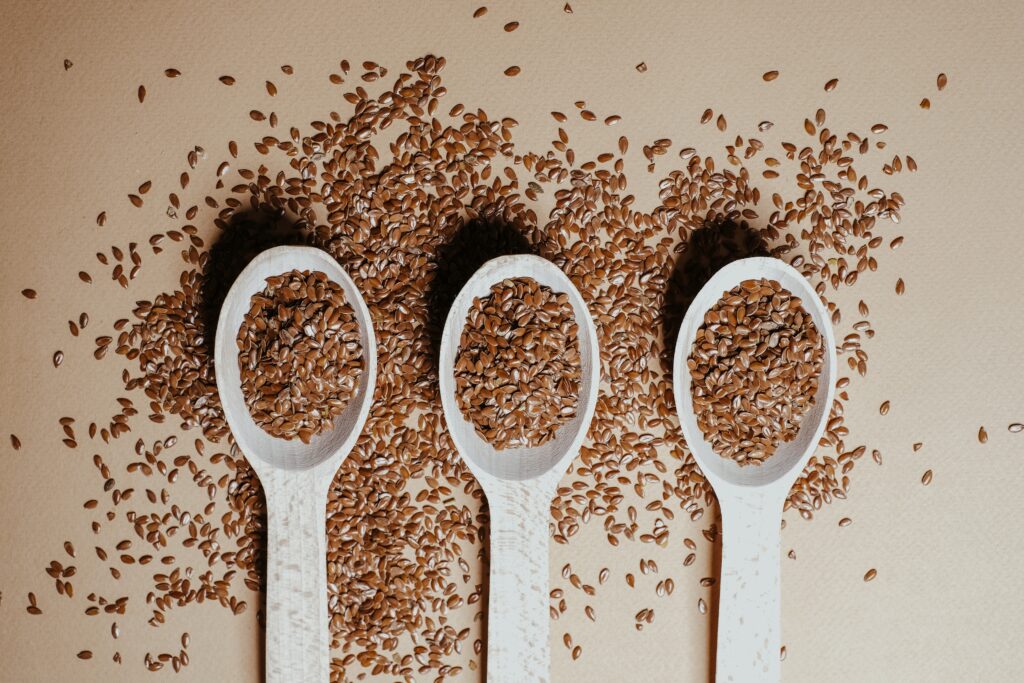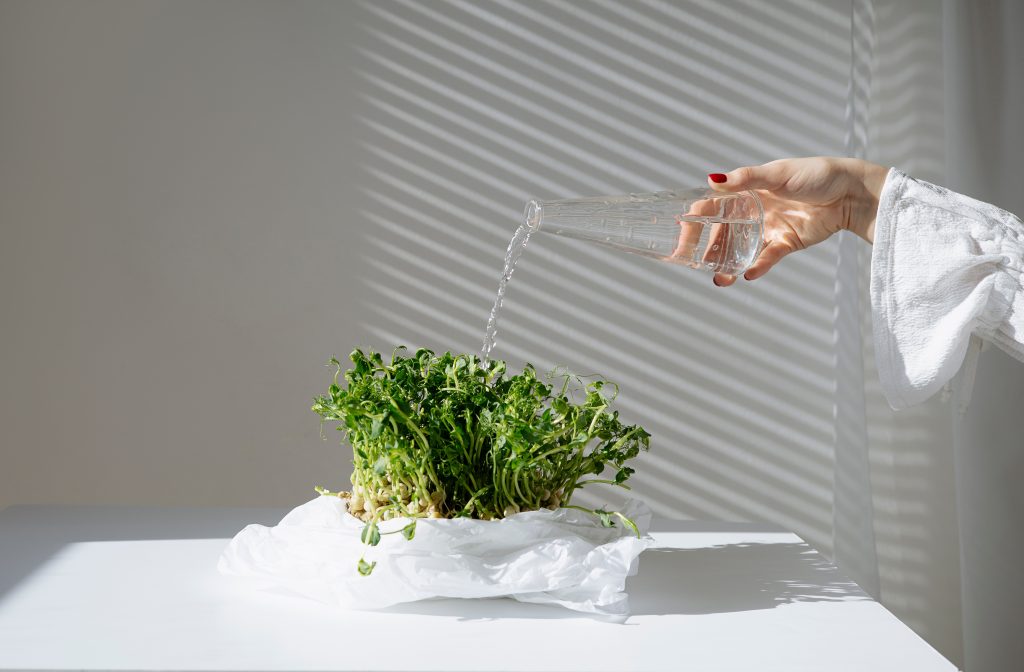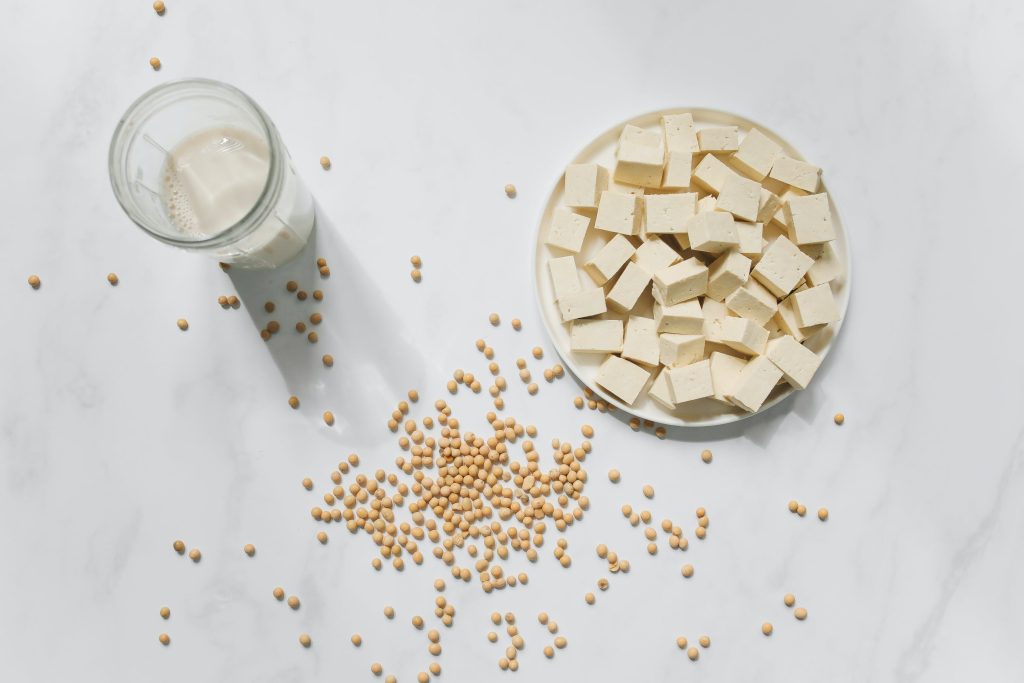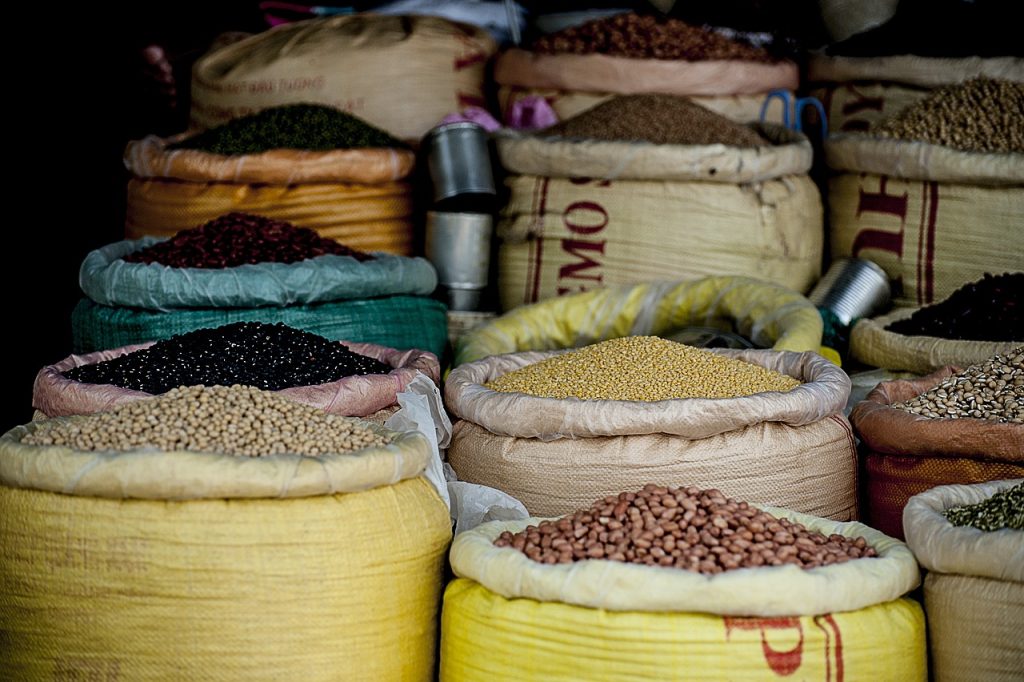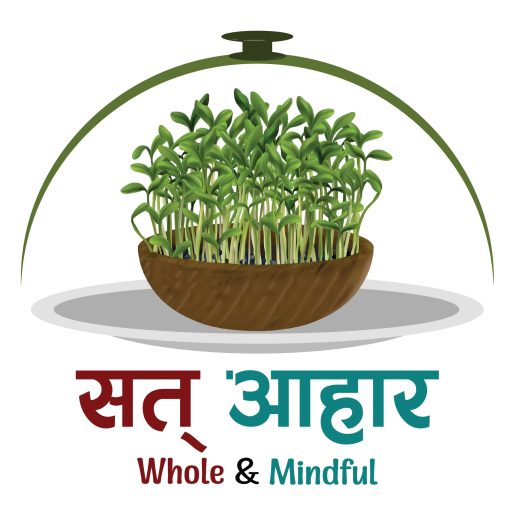Zinc is a trace mineral abundantly distributed throughout all body tissues and fluids, and second only to iron among trace elements in the body. It is one of the other 16 essential micronutrients needed to perform several functions in our body.
Why is zinc important?
Zinc participates in all major biochemical pathways and plays multiple roles in the perpetuation of genetic material, including transcription of DNA, translation of RNA, and ultimately cellular division. More than 100 specific enzymes require zinc for their catalytic function. Other functions of zinc are protein synthesis, wound healing, growth and development, male fertility (1).
What happens if we do not have sufficient zinc level?
Impaired growth, loss of appetite, and poor immunological function, reduced immunity, impaired taste acuity, and poor wound healing are all symptoms of mild and marginal zinc deficiency. Hair loss, diarrhea, reduced sexual function, and skin lesions are all possible side effects in extreme deficiency cases. Too much zinc, on the other hand, can cause nausea, vomiting, abdominal cramping, headaches, and diarrhea. Poor absorption and/or increased physiological demand during infancy, childhood, pregnancy, and breastfeeding are among the causes of primary zinc insufficiency.
Is zinc a concern in plant-based diet?
Though meat, fish and poultry are major source of zinc in an omnivorous diet, several plant-based foods also contain good amount of zinc. However, bioavailability of zinc is comparatively low in plant-based diet especially because plants contain considerable amounts of phytic acid. Phytic acid inhibits zinc and iron absorption in our body. Also, zinc can compete with calcium, copper, iron, and magnesium for absorption especially if you take supplements. But this holds true for non-vegans too.
Bioavailability is proportion of an ingested nutrient that is absorbed and utilized by body. But do not worry! A well-planned plant-based diet can provide adequate amounts of zinc from plant sources. Studies show vegetarians have similar serum zinc concentrations to, and no greater risk of zinc deficiency than, non-vegetarians (despite differences in zinc intake) (2). There are simple and easy ways to improve bioavailability of zinc from plant-based diet as well.
Requirement of Zinc
To an omnivorous, the requirement is 11mg for male and 8 mg for female. It is based on the assumption that the bioavailability of zinc is about 50%. The below listed recommendation is based on the 15% bioavailability of dietary zinc. However, the recommended amount is lower when the diet of vegan constitutes some form of fortified food and or processed in a way to improve bioavailability (refer to bottom)
The RDI for vegan is given below (3).
| Age group | Zinc requirement (mg/day) |
| Infants (0-6 months) |
2.8-6.6 (for partly breastfed) |
| Children (7-9 years) | 11.2 |
| Adolescent (10-18 years) | |
| Male | 17.1 |
| Female | 14.4 |
| Adult (19 and above years) | |
| Male | 14 |
| Female | 9.8 |
| Pregnant | 11-20 (increased need as months pass by) |
| Lactating | 19-14.4 (higher need in first 3 months) |
Good Sources of Zinc in Plant-Based Diet
Pumpkin seed (30g): 2 mg
Hulled hemp seeds (30g): 3 mg
Tahini (sesame seed butter- 28.3 g): 1.3 mg
Cashew nut, raw: 1.7 mg
Peanut, dry roasted (30g): 0.8 mg
Brown rice, cooked (1 cup): 1.9 mg
Buckwheat Flour (28g- usually makes 1 roti): 0.9 mg
Millet flour (28g- usually makes 1 roti): 0.7 mg
Whole lentil cooked 1 cup (198g): 2.52 mg
Sprouted lentil raw 1 cup (77g): 1.2 mg
Calcium set firm tofu (100g raw): 1.6 mg
Tempe cooked (100g): 1.6 mg
Asparagus cooked (1/2 cup, 90g): 0.5 mg
Shiitake mushroom cooked (1/2 cup sliced): 0.5 mg
Broccoli (1/2 cup cooked): 0.3 mg
Ways to Improve Absorption
- Soak lentils and dry beans and decant the soaked water
- Sprout your legumes. Include sprouted beans in your regular diet
- Sulphur-containing amino acids (cysteine and methionine, found in a range of seeds, nuts, grains and vegetables) and hydroxy acids (citric acid found in citrus fruits, lactic acid in sour milk, malic acid in apples, tartaric acid in grapes) bind to zinc and enhance its absorption.
- Organic acids that are present in foods or produced during fermentation can also enhance zinc absorption. Eat such foods together to improve zinc absorption (2).
Quick facts
Despite a higher phytate content, absorption of zinc from lupin and white beans are similar to those of meat, so you may want to have it weekly (3).
Our body is smart. There is normally a compensatory improved efficiency of absorption and excretion of zinc if our zinc intake is low. So, you do not need to worry, if you regularly consume foods listed above and use methods to improve absorption.
Take Away
Zinc can be obtained in sufficient amounts with a well-planned plant-based diet. Supplements are not necessary unless you have some conditions that is creating issue with absorption or excretion. Soak, sprout, and ferment legumes as possible. Eat diverse groups of plant-based food.
- Foster M, Samman S. Implications of a Plant-Based Diet on Zinc Requirements and Nutritional Status. In: Vegetarian and Plant-Based Diets in Health and Disease Prevention. Elsevier Inc.; 2017. p. 683–713.
- Baines SK. Zinc and vegetarian diets. The Medical journal of Australia [Internet]. 2013 Aug 19 [cited 2021 Jun 22];199(4):S17–21. Available from: www.mja.com.au
- FAO, World Health Organization. Vitamin and mineral requirements in human nutrition Second edition. World Health Organization [Internet]. 2004;1–20. Available from: www.who.org

